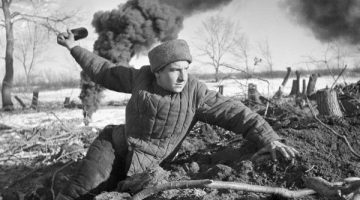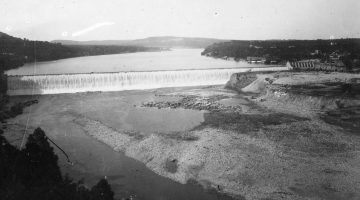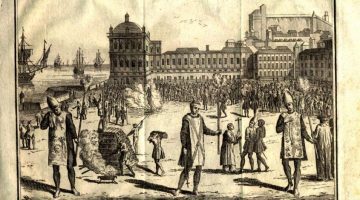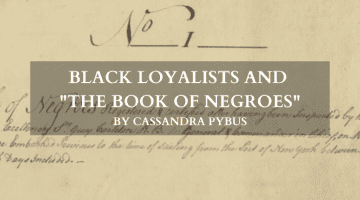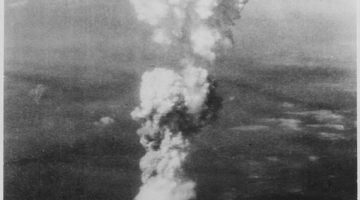
In what amounted to the last act of World War II, US forces dropped an atomic bomb on the Japanese city of Hiroshima on August 6, 1945, and another on Nagasaki three days later. Ever since, controversy has swirled around the decision to drop those bombs and annihilate those two cities. But exactly who made that decision, and how did it come about?


